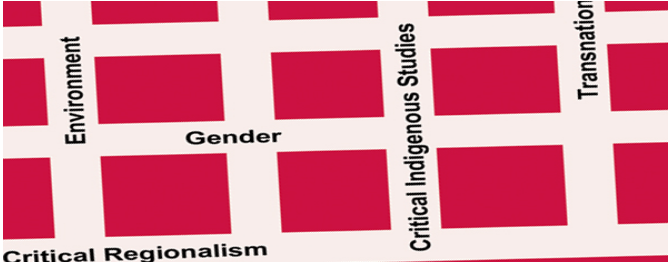
American Studies ETDs
Publication Date
7-15-2019
Abstract
This dissertation examines the cultural politics of migrant domestic work in the 2000s within popular culture, mass media, contemporary art, and grassroots national organizing. While scholars and activists have identified that migrant domestic workers are the hidden backbone of the U.S. economy, dominant cultural and social narratives reinforce the racialized and gendered logics of capitalism that work to devalue domestic work as informal, disposable and precarious. It was not until after the struggle of domestic workers achieved recognition through the ratification of the International Labor Office of Convention 189 in July 2011 that this labor sector gained more intense media attention. As expected, news outlets have prioritized sensationalist stories on human trafficking and modern-day slavery, obscuring migrant women’s everyday struggles as testaments of the capitalist exploitation and appropriation of their emotional labor. As scholars Grace Hong and Lisa Lowe have endeavored to illustrate, it is crucial to situate the cultural production of immigrant women’s labor as a site for the articulation of multiple and complex subjectivities that function as oppositional narratives to the disavowal/devaluation of migrant domestic workers’ lives and work.
Considering the role of the fetishization of difference as a system of valuation/devaluation of domestic labor, this dissertation is focused on the cultural forms and practices of Filipina and Latina migrant workers in the United States. I juxtapose dominant narratives of the valueless status and disposability of domestic workers alongside the expressions, imaginaries, and cultural productions emerging from workers’ spaces of individual and collective agency. Using visual, performance, discursive analysis and queer of color and feminist approaches to comparative racialization and cultural politics, I argue that the cultural forms and practices of migrant domestic workers in the U.S make legible the economic dispossession, emotional exploitation and the differential valuation of brown bodies in domestic labor. By looking at creative responses such as performance pieces, contemporary artwork, and film, this project relies on an interdisciplinary framework for the analysis of the affective power of racialized immigrant women’s culture in the form of emerging political subjectivities, strategies of representation and alternative imaginaries.
Language
English
Keywords
affective labor, cultural politics, comparative racialization, domestic work, Brownness, precarity
Document Type
Dissertation
Degree Name
American Studies
Level of Degree
Doctoral
Department Name
American Studies
First Committee Member (Chair)
Antonio T. Tiongson Jr.
Second Committee Member
Irene Vásquez
Third Committee Member
Alyosha Goldstein
Fourth Committee Member
Shante Paradigm Smalls
Recommended Citation
López-García, Maria Eugenia. "Cartographies of Precarity: The Cultural Politics of Filipina and Mexican Migrant Domestic Workers." (2019). https://digitalrepository.unm.edu/amst_etds/92
